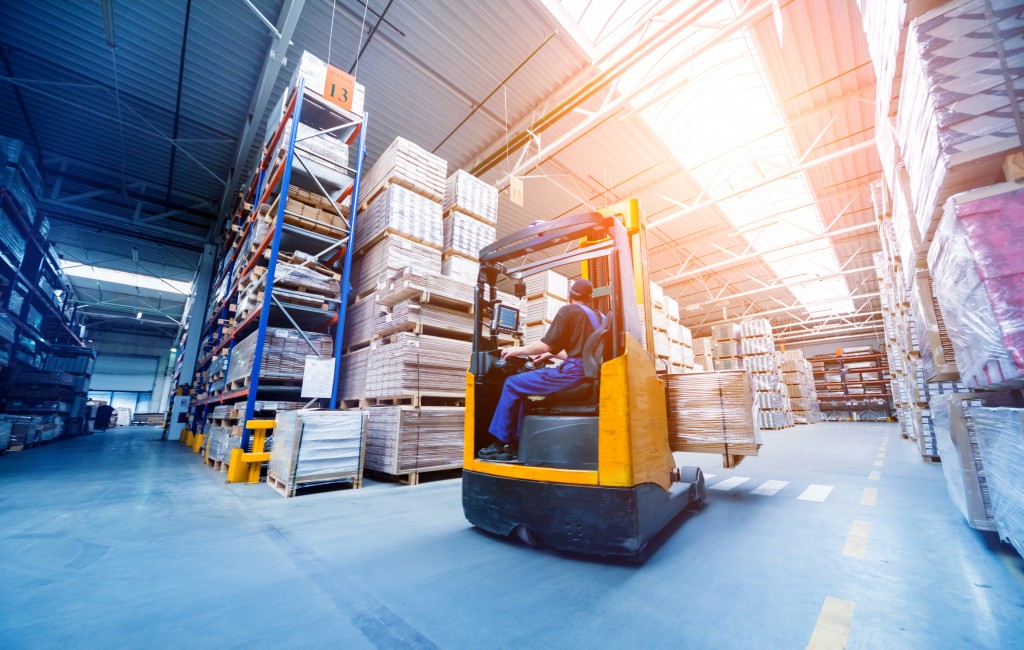Very few people pay attention to these boats that busily navigate the ports. However, these tug boats are essential in making sure the larger cargo ships get to port safely. The UK government even maintained a fleet of these towing vessels until 2011 to help keep Britain’s shores clean. With Brexit happening soon, these vessels will ply UK shores once more as more trade channels open.
Ensuring Safety
Cargo ships lack the manoeuvrability and precision to navigate tight spaces — which is where tug boats enter the scene. UK ports can be busy, hard to navigate, cramped or a combination of the three. This makes it difficult for cargo ships to dock, especially with expensive cargo onboard.
A small accident or collision can lead to a loss worth millions in damages and would take months (or more) of ship repairs. While hull and machinery insurance will usually cover that, many companies also rely on tug boats for close-quarter docking manoeuvres.
Tug boats are small vessels but have enough power to push or pull container ships over 350 meters long. Newer models have engines capable of producing 6,000-7,000 horsepower and can tug bigger and heavier ships.

Increased Demands for Shipping
UK ports handle more than 500 million tonnes of freight annually — which account for 95 percent of import and export by volume. Most of the goods come from or go to the US and China — the two most important trade partners of the UK.
Trade talks with the US are ongoing, and President Trump expressed his wish to quadruple trade between the US and the UK. An increased number of ships will put more pressure on the UK’s already busy ports. Although the country has over 120 ports — only 20 of them are capable of accommodating large cargo ships and carriers. Increased traffic will require more tug boats to ensure smoother port operations and faster turnovers.
Trade with the rest of Europe has relied on land routes for the past years, but post-Brexit, the situation might change. Ocean routes are being explored once more as probable trade routes.
Tugboat Opportunities
Docking a tanker or cargo ship could cost around £8,000-£14000. Tug boat operators require expertise, experience, and a lot of capital. A brand new tugboat can cost £500,000 to £1M, depending on the tonnage it can pull.
Special hull and machinery insurance are required for tug boats, in case of mishaps involving ships and their cargo. Every operation requires an experienced crew: a captain, and engineer, and a few shipmates. Precise techniques are required to manoeuvre large cargo ships and carriers into port safely, and experienced operators can command high prices.
Tug boat captains earn an average of £45,000 per year — with more experienced captains earning close to £60,000. Engineers, mates, and deckhands earn a bit less, with day rates of £150-£250.
Tug boats are the unsung supports of every port. They may seem inconsequential beside the huge tankers, cargo ships, and carriers — but these little vessels are one of the essential players when it comes to port safety and efficiency.
